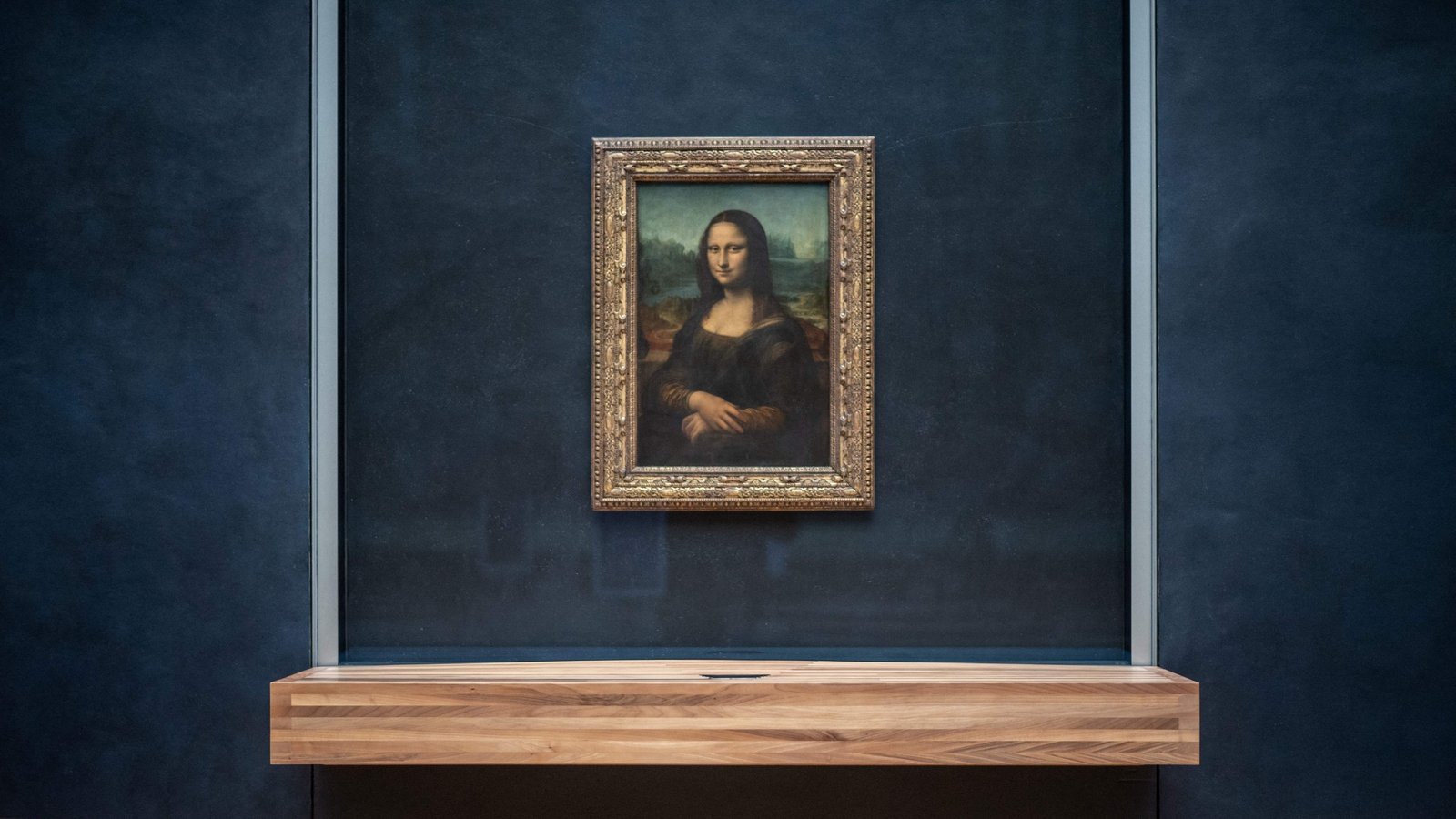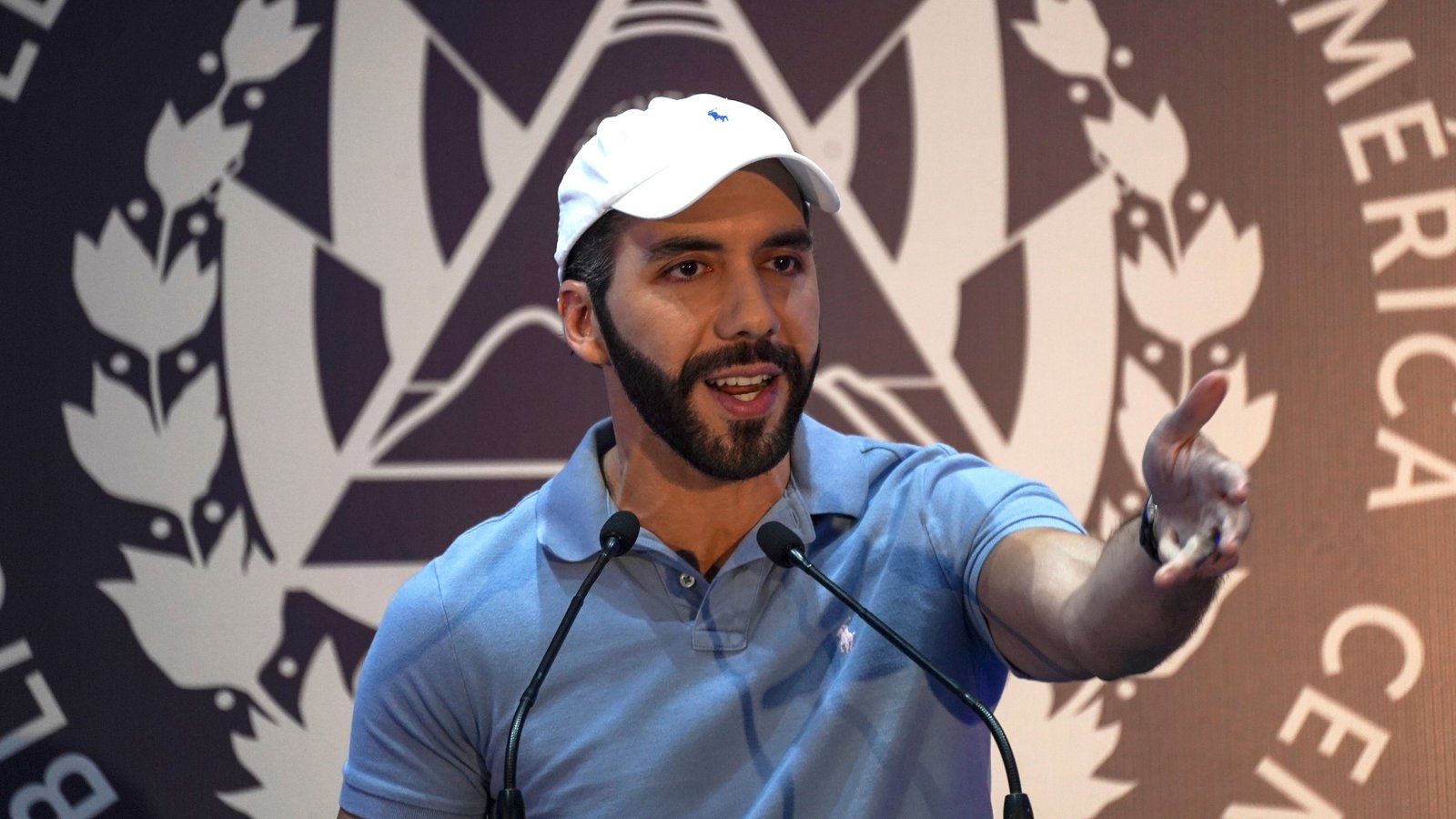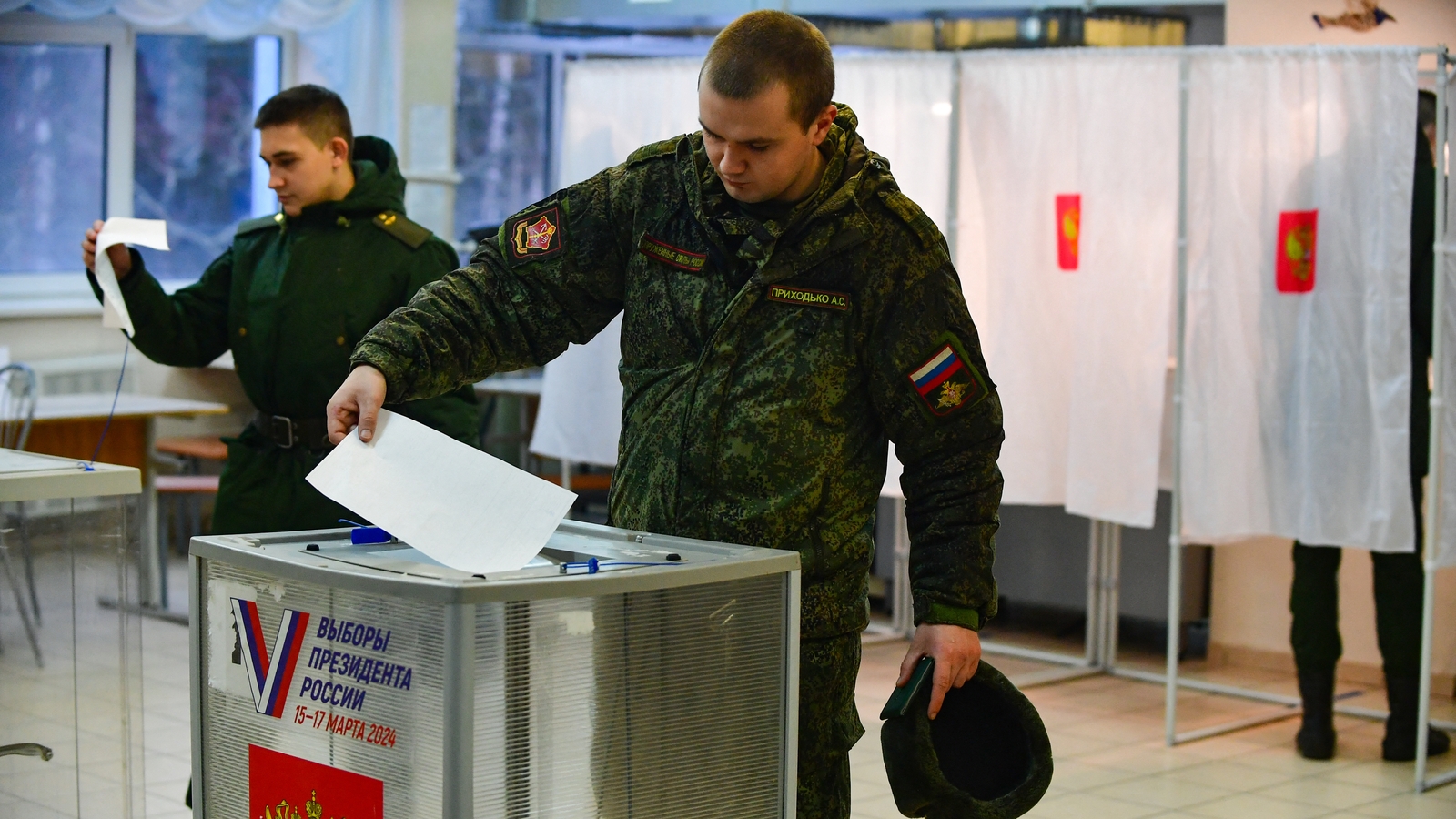Parties argue over power after inconclusive Pakistan vote
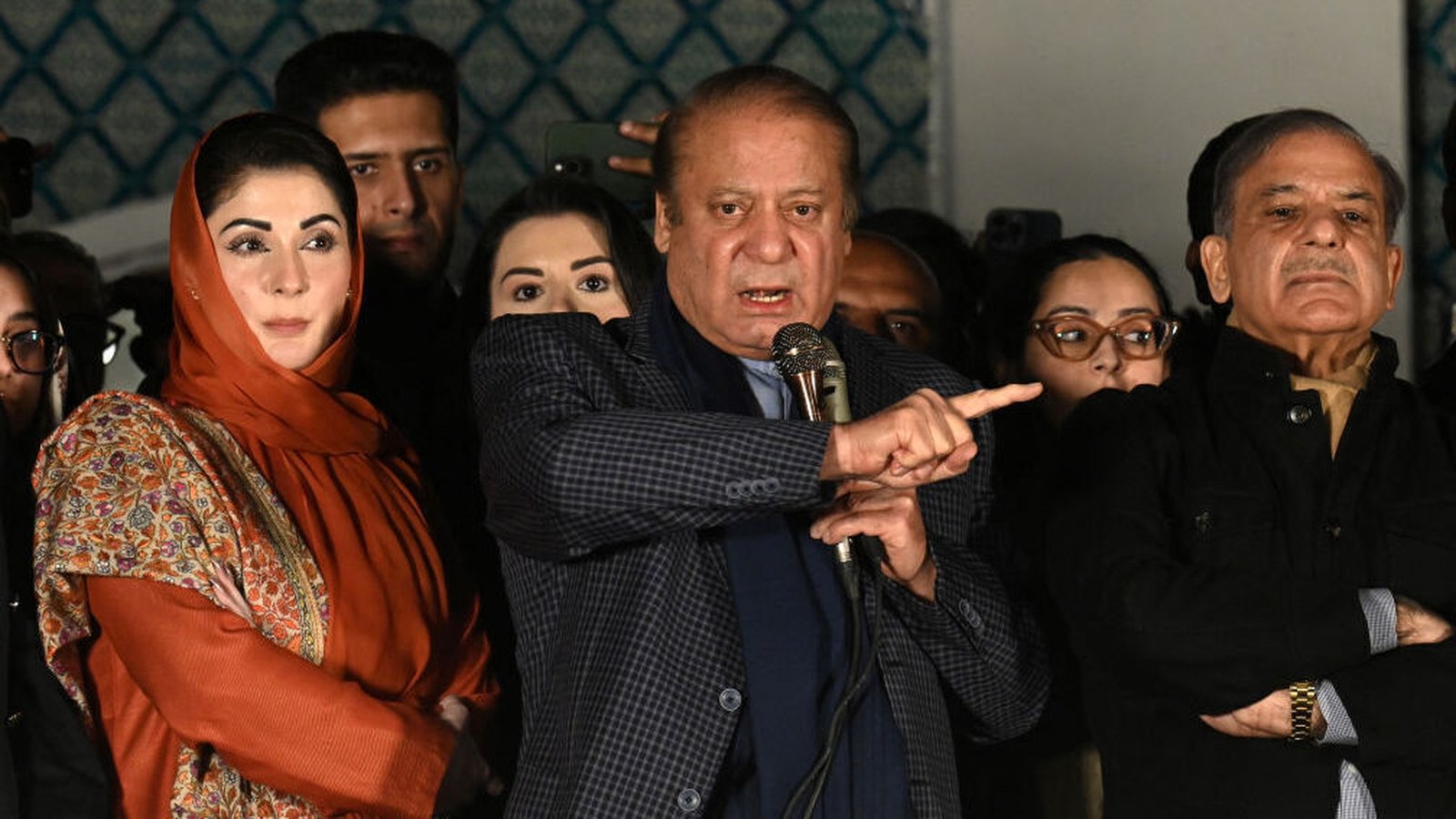
Pakistan’s two largest political parties are wrangling over who will take the prime minister’s job after inconclusive elections last week forced them to join forces to gain a majority in a parliament dominated by independents backed by former leader Imran Khan.
The squabbling is likely to deepen concerns about the stability of the nuclear-armed nation which is in an economic crisis and battling a surge in militant violence.
In a statement, the Pakistan Muslim League-Nawaz (PML-N) party of ex-prime minister Nawaz Sharif – who won the largest number of seats after independents – and the Pakistan Peoples Party (PPP) of Bilawal Bhutto Zardari, son of assassinated former prime minister Benazir Bhutto, said they were committed to “putting the nation’s interest and well-being above everything” and “to steering Pakistan away from political instability and towards a path of prosperity and resilience”.
A successful coalition between both parties would decrease the leverage of candidates supported by Mr Khan – who has fallen foul of the influential military and is in jail for corruption – who won 93 of the 264 seats that were contested in the election.
Some candidates, formerly of Mr Khan’s Tehreek-e-Insaf (PTI), could join either the party, or form a coalition with a smaller party to block either candidate, analysts say.
Many more ex-PTI members who did not win seats are contesting the result in court, which could further delay the coalition talks.
The PTI declined to comment about the candidates’ plans.
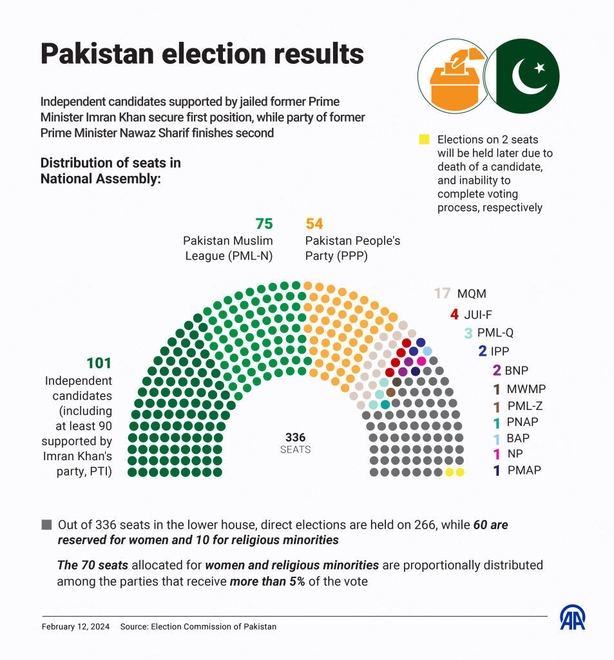
Officials from both the PML-N and the PPP, however, said talks were held up over which leader would take the top job.
The PML-N has not named its prime ministerial candidate, but officials say the choice will be between Nawaz Sharif, 74, who was prime minister three times in the past, and his younger brother Shehbaz, 72, who held the post for 18 months until last August.
The PPP has always maintained Bhutto Zardari as its political heir, and if successful, the 35-year-old former foreign minister would become Pakistan’s youngest premier since his mother Benazir was in office.
“Our party wants Bilawal as prime minister,” PPP leader Faisal Kareem Kundi told Geo TV, adding that independents were joining his party. “No one can form a government without us.”
To become prime minister, a candidate has to show they have a simple majority of 169 seats in the 336-member National Assembly when it is called into session in the next few weeks.
Several political parties and candidates have called for protests against the results, alleging they have been rigged.
PTI supporters blocked traffic in the northern city of Peshawar, but a large-scale demonstration the party had threatened to hold if the results were not released was called off.

